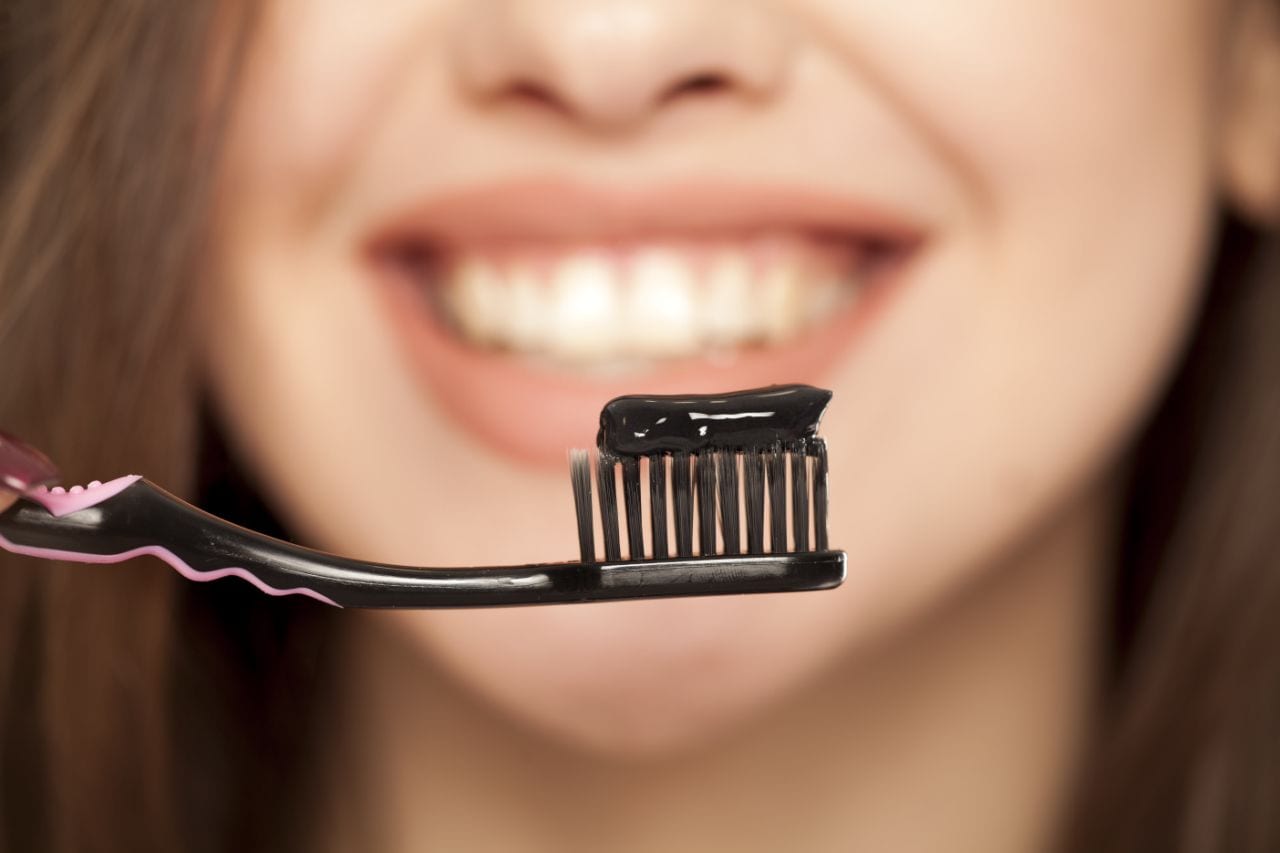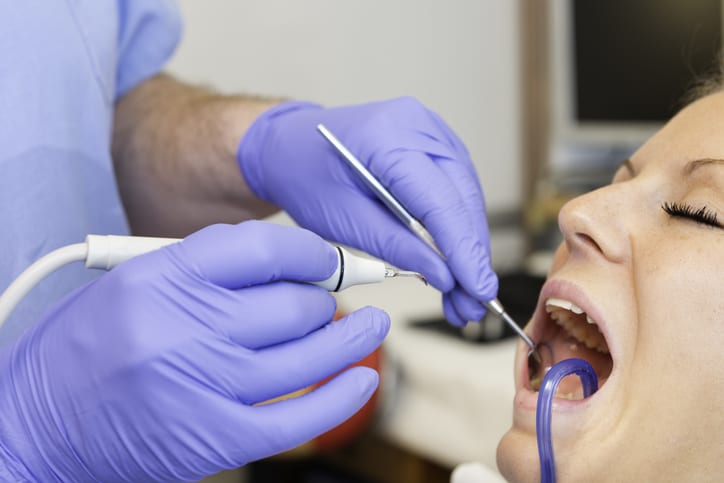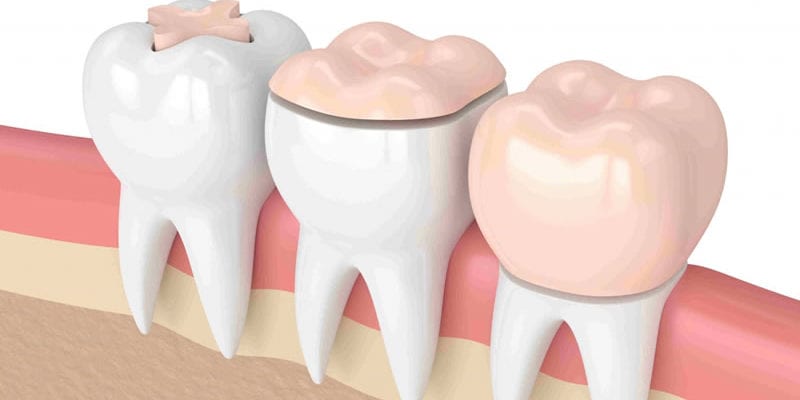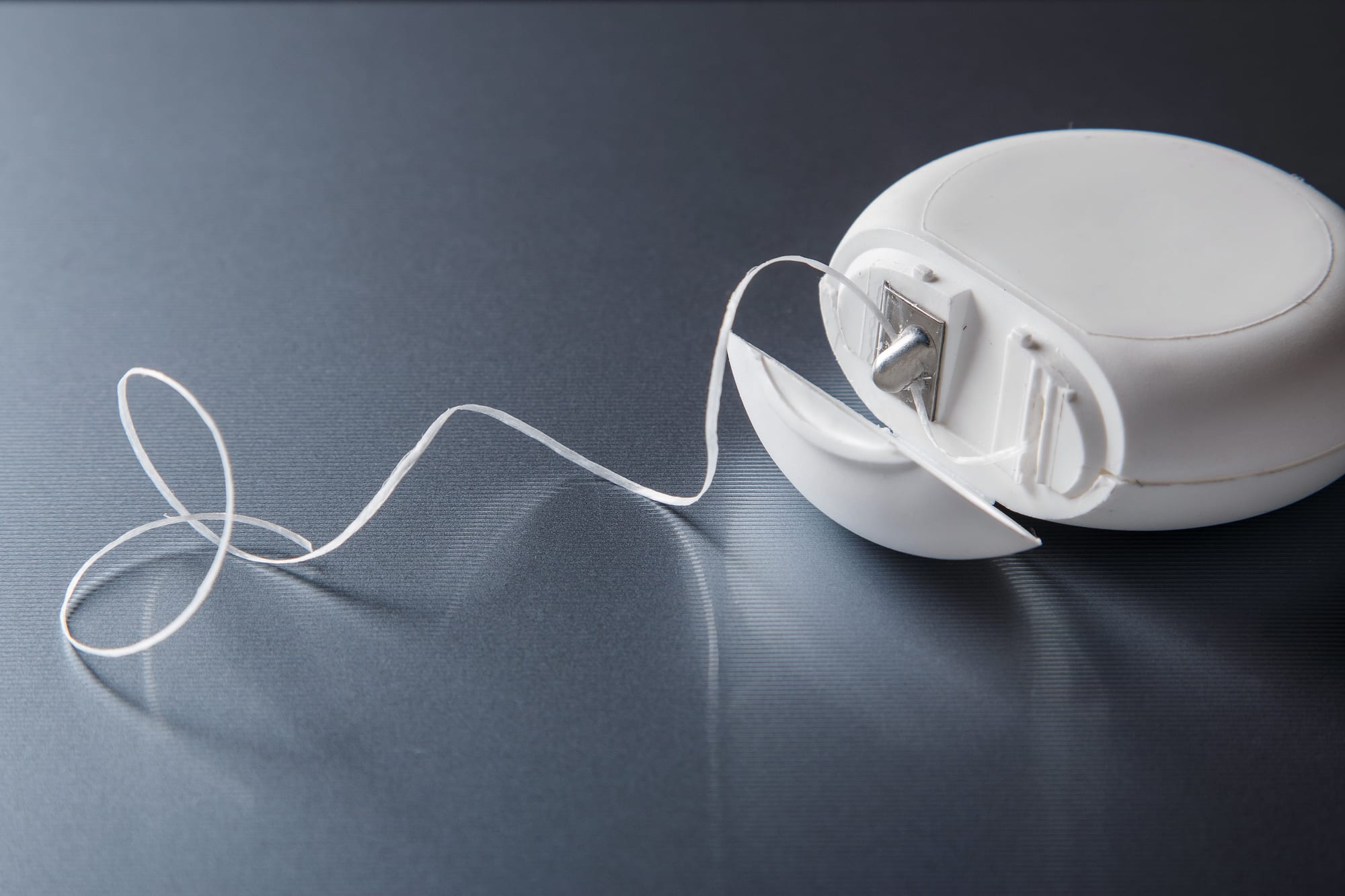Get To Know the Trends: Charcoal Toothpaste
Charcoal toothpaste is currently one of the biggest trends, found in the toothpaste aisle alongside your old favorites. This trendy beauty ingredient is now available in in commercial face masks and scrubs as well. The whole industry is singing the praises of charcoal. But does it really work?
What is Charcoal?
Activated charcoal is a fine grain powder made from natural substances such as wood, coconut shells, and other sources that are oxidized under extreme heat. Charcoal is highly absorbent and used medically to absorb and remove toxins. However, its use as a whitening toothpaste is still relatively new.
Does Charcoal Toothpaste Work?
It is true that activated charcoal in toothpaste may help remove surface stains on your teeth. Also, since charcoal is mildly abrasive it can help remove tartar and mild stains when brushing. However, there is no evidence that charcoal toothpaste has any effect on stains below a tooth’s enamel, or that it has a natural whitening effect.
To be truly effective in whitening, a toothcare product needs to work on stains on the surface, as well as intrinsic stains, which are those below the enamel—and in that sense charcoal toothpaste does not meet the criteria for “whitening” in our opinion.
However, all evidence currently is that charcoal is safe to use on teeth in small doses and does provide some level of “cleaning” when used as directed. Since more research is needed on the long-term effects of charcoal toothpaste, many dentists are still hesitant to recommend it.
If you’re considering using charcoal toothpaste, here are a few things to keep in mind:
1) Charcoal toothpaste is too abrasive for everyday use. Charcoal is a mild abrasive—but still really too abrasive for daily use and could cause damage to the enamel of the teeth. This could cause your teeth to look more yellow and become sensitive.
2) You really should use fluoride. Fluoride helps keep your tooth enamel strong, in turn, protecting your teeth against cavities and decay. Many charcoal options do not have fluoride.
3) Staining could occur. Charcoal particles can get caught in the small cracks of teeth and leave teeth grey or black around the edges. This could produce the opposite effect to what you are looking for!
4) The many unknowns. Since charcoal toothpaste is still a new product, the long-term effect on teeth and dental restorations such as veneers, or bridges for example isn’t known.
In Short, Some Pros for Using Charcoal Toothpaste Include:
- It may help remove surface stains on the teeth.
- It may improve bad breath.
- Could prevent staining when used occasionally after a professional cleaning.
The Cons of Using Charcoal Toothpaste Include:
- The abrasiveness may wear down tooth enamel, (making teeth appear yellow).
- Stains below the enamel won’t be removed.
- Can cause tooth sensitivity.
- No fluoride, (which helps prevent cavities and tooth decay).
- Possible staining of older teeth and dental restorations.
- Long-term effects and safety are an unknown.
Despite the popularity of charcoal toothpastes, it’s best to be cautious if you want to try this trend. While it may help to remove some surface stains, the long-term effects are still unknown. If you want to discuss this with our dentist, we are happy to consult with you on this and any of your other dental questions at Smiles in Salt Lake City. Contact us or call us at 801-277-1010.



